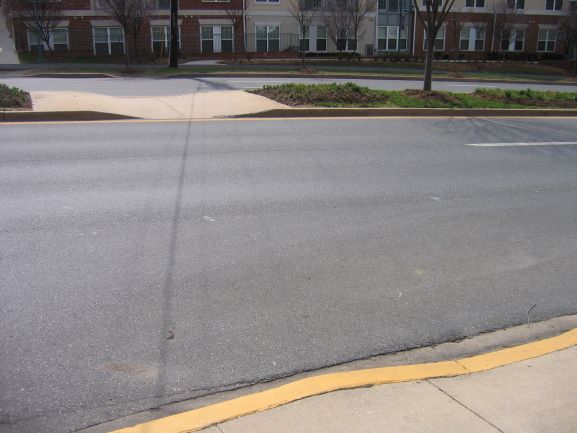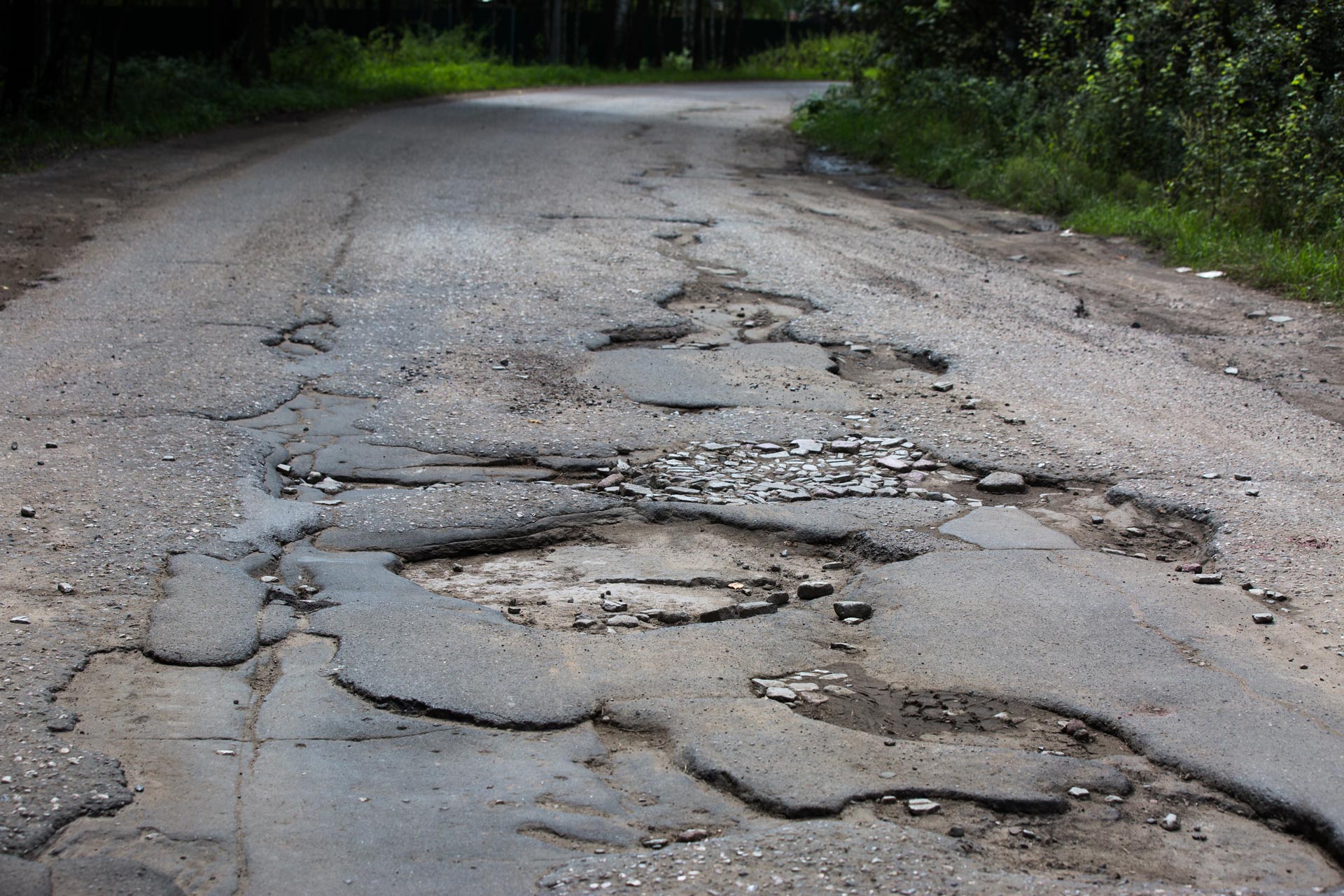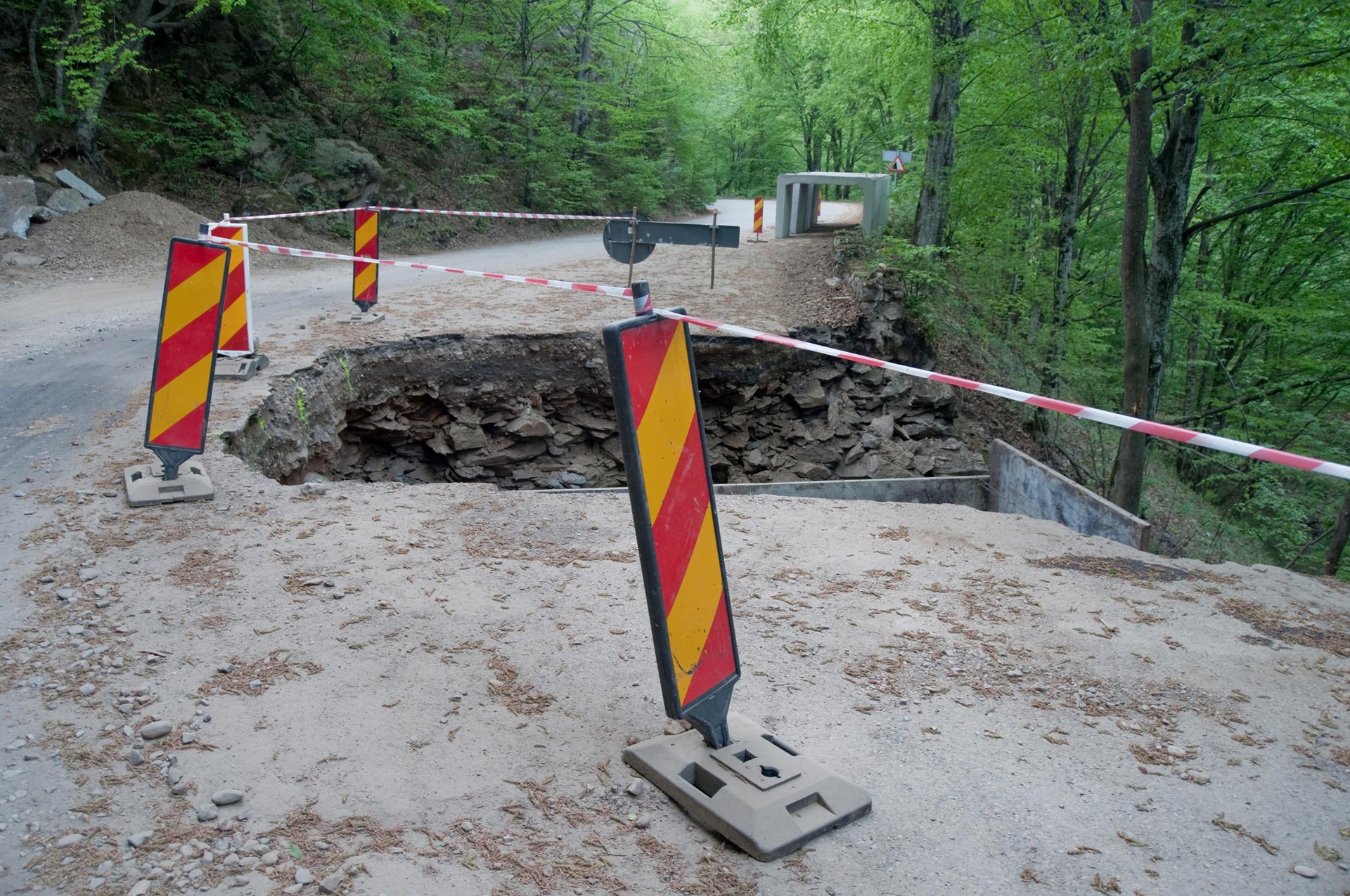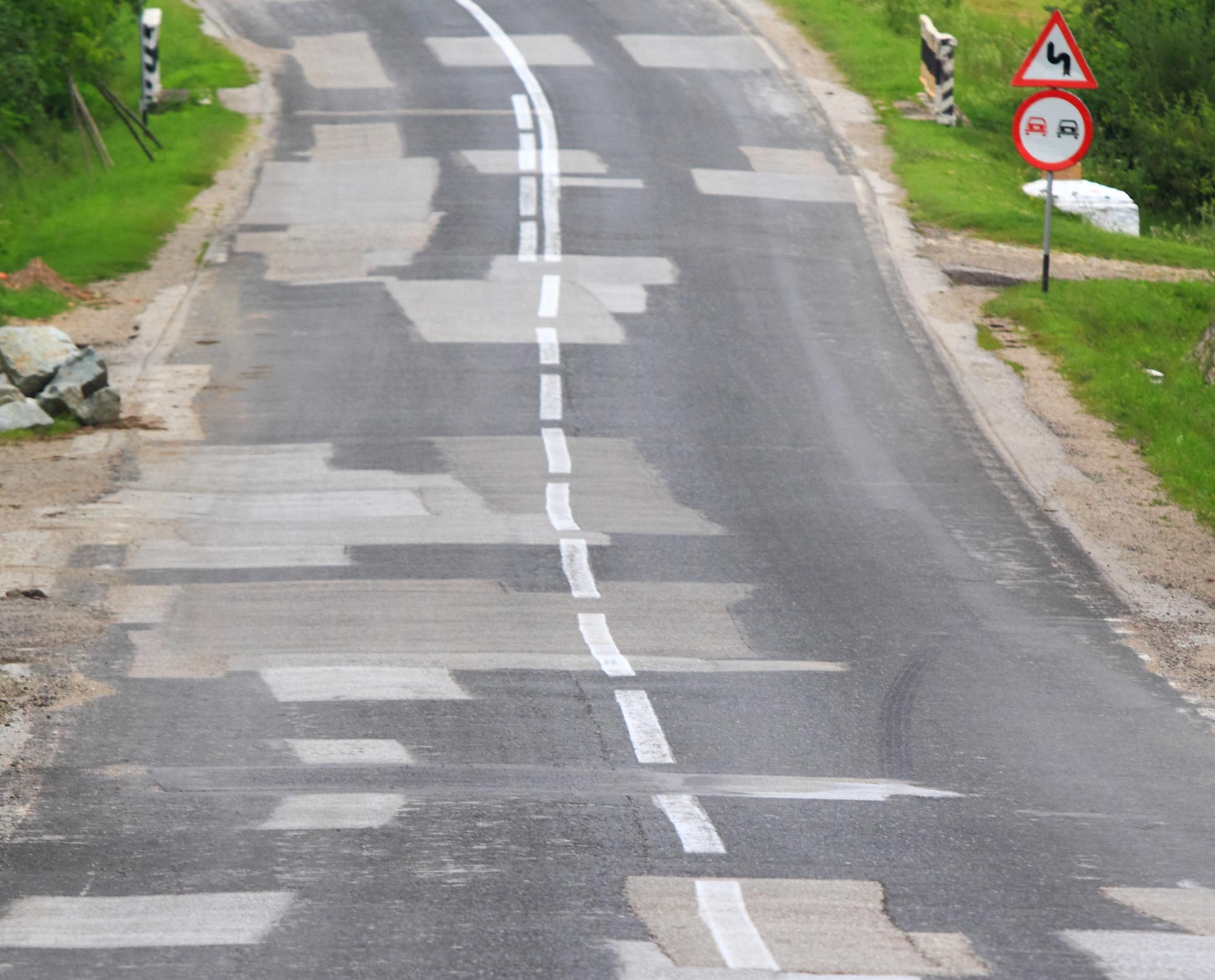Adopting a New Contrast Sensitivity Visual Screening into PennDOT`s Driver Qualifications Program
Background: Contrast sensitivity is a measure of visual function describing the ability to distinguish one object from another based on color and brightness. Decreased contrast sensitivity can affect quality of life and given the number of adults over 65 still actively driving, it is important to understand the relationship between age-related visual functional changes related to contrast sensitivity and older adults’ ability to maintain an active role in modern traffic conditions.
Findings: In this project, we first reviewed current research contributions dealing with contrast sensitivity screening in active adult drivers. The literature survey demonstrated that most studies recognize contrast sensitivity as an important measure of visual function, but also recognize that it is rarely tested in drivers over 65 years of age, mainly due to the lack of standardized equipment and standardized cutoff scales. In the next part of the project, we collected and analyzed data from 346 drivers across Pennsylvania. The pilot project was conducted at various locations across Pennsylvania.
Results: The analysis clearly demonstrated that the age and corrected vision variables are the main factors influencing the number of errors on the completed test.
Recommendations: Based on the results, it is quite clear that age and corrected vision are the major factors associated with poor performance on the contrast sensitivity screening test. According to our results, more than 50% of adults older than 50 years of age have corrected vision, hence, we recommend that drivers older than 70 years of age are screened on a regular basis due to the main two reasons: (a) age; and (b) a high probability that these drivers will have cataracts. According to the National Eye Institute (https://nei.nih.gov/eyedata/cataract), people over 70 years of age are very likely to have cataracts and given that people with cataracts perform poorly on contrast sensitivity tests, we strongly believe that drivers with cataracts should also be screened.































